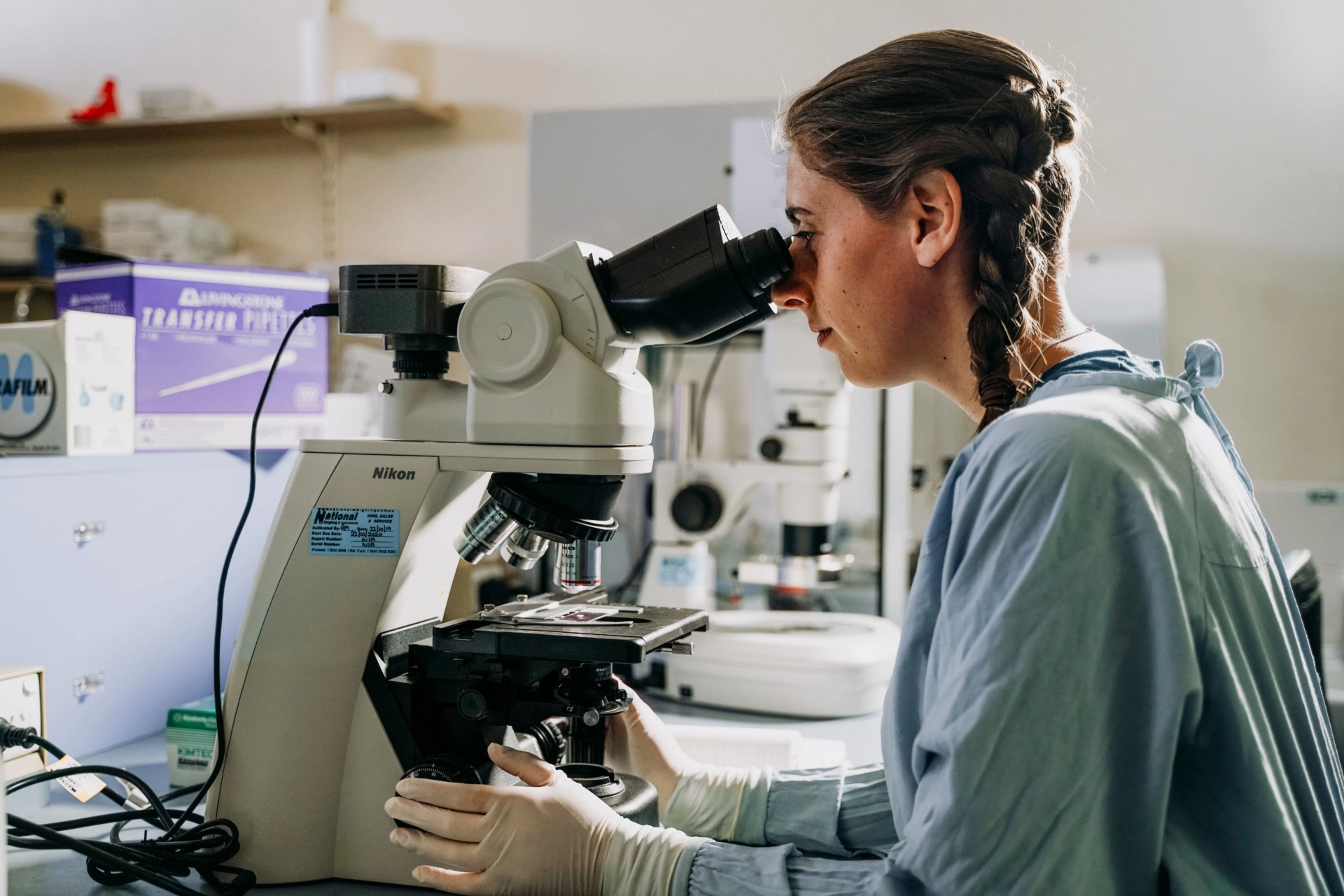Juvenile Myelomonocytic Leukaemia (JMML) is a rare but crippling disease of very young children with no known cure.
Unlike lymphoblastic leukaemia, outcomes for JMML are poor.
The disease is characterised by an increase in blood monocytes (large phagocytic white blood cells) which are hyper-sensitive to an inflammatory growth factory called granulocyte-macrophage colony stimulating factor (GM-CSF). In these patients one of the most common gene mutations associated with poor prognosis is a mutation in the gene PTPN11 (Protein Tyrosine Phosphatase Non-Receptor Type 11). This gene is commonly mutated in many other cancers in both children and adults. To date, no effective therapy or targeted therapy has focused on PTPN11 mutations.
Currently, researchers do not know how mutated PTPN11 is able to achieve a signal to grow and proliferate cells when it is exhibiting increased phosphatase activity on a domain that should negatively regulate function. PTPN11 mutations that are mutually exclusive with two other mutations (JAK2 and CALR) in myelofibrosis are the most aggressive subtype of JMML in children and are thought to be a major resistance mechanism to venetoclax in acute myeloid leukaemia.
This project is building a humanized model of PTPN11-induced leukaemia using retrovirus and specific gene editing technology in purified stem cells. The results of our studies will inform a national targeted therapy clinical trial for JMML in Australia and New Zealand using GM-CSF antagonists.
Project Leader
PARTNERING INSTITUTIONS
The University of Adelaide, The Royal Adelaide Hospital (CALHN), The Women's and Children's Hospital (WCHN)


